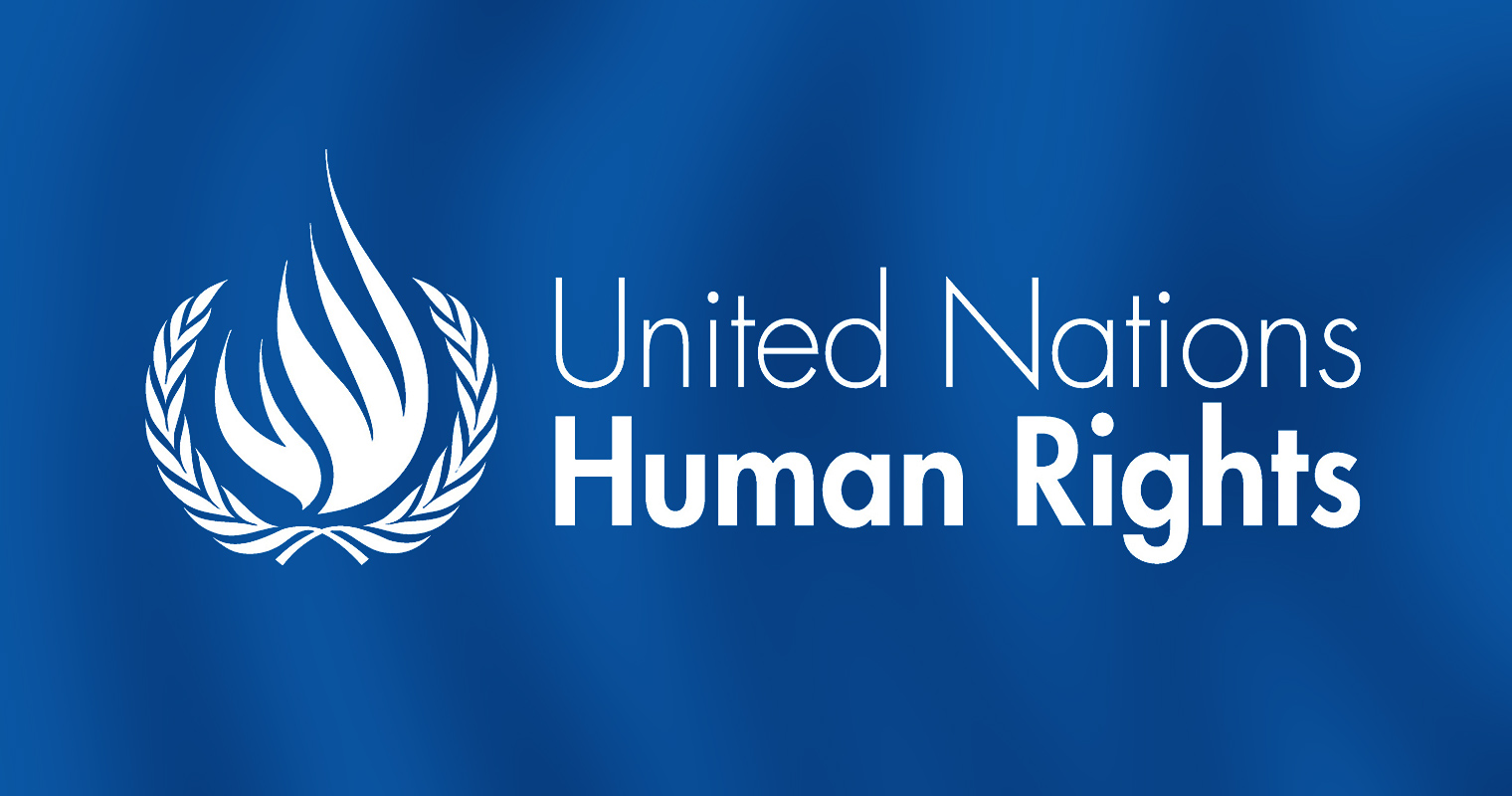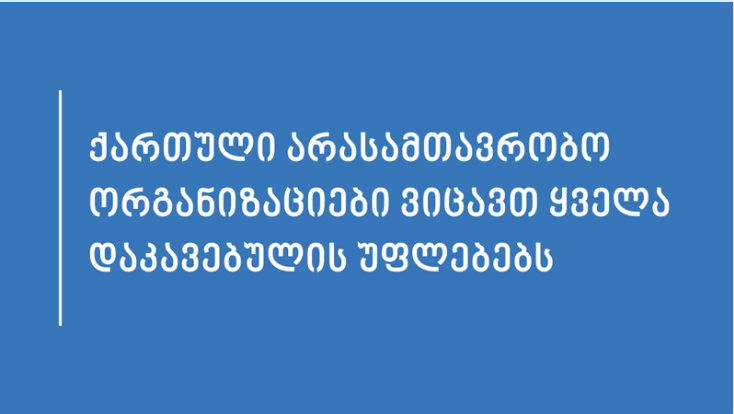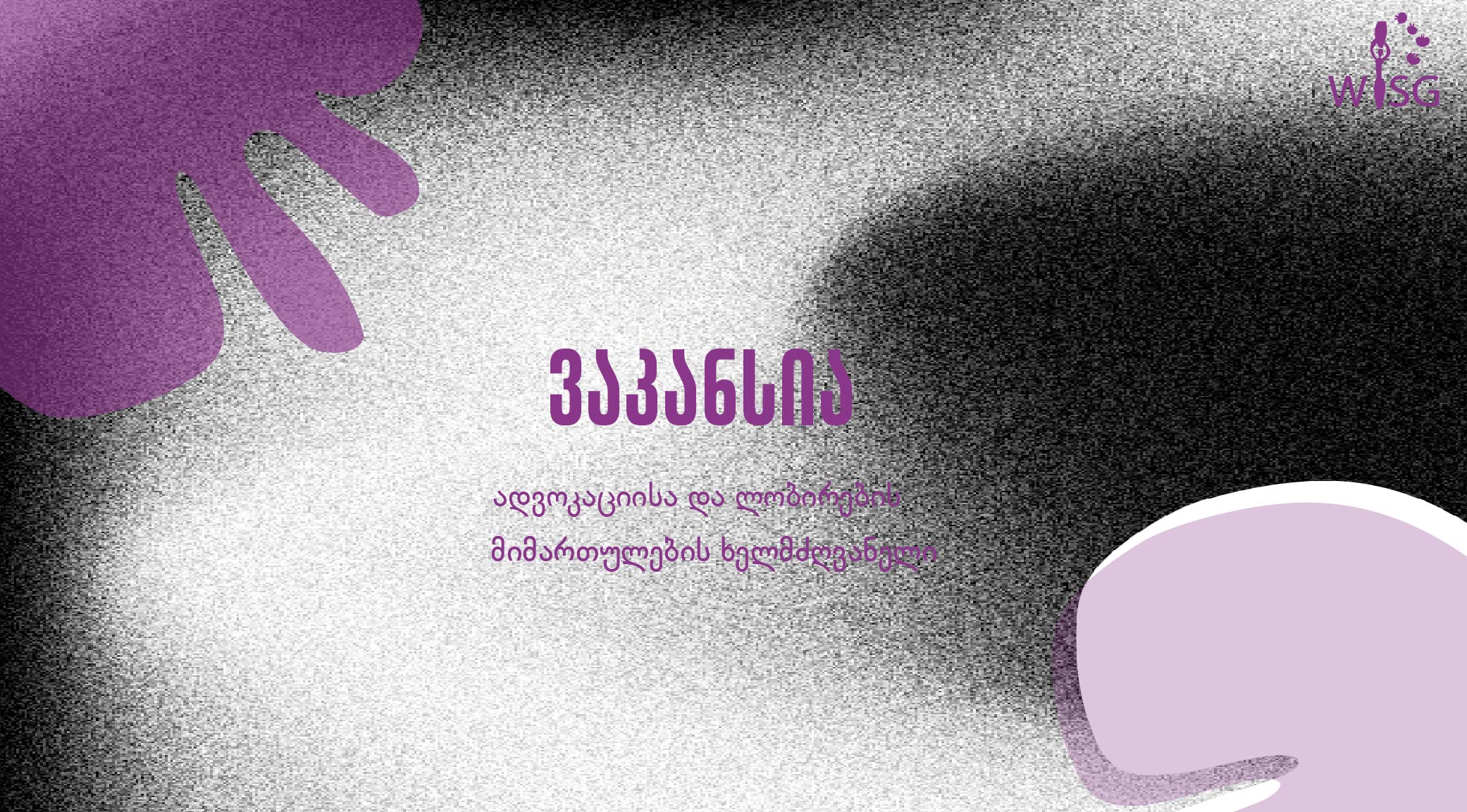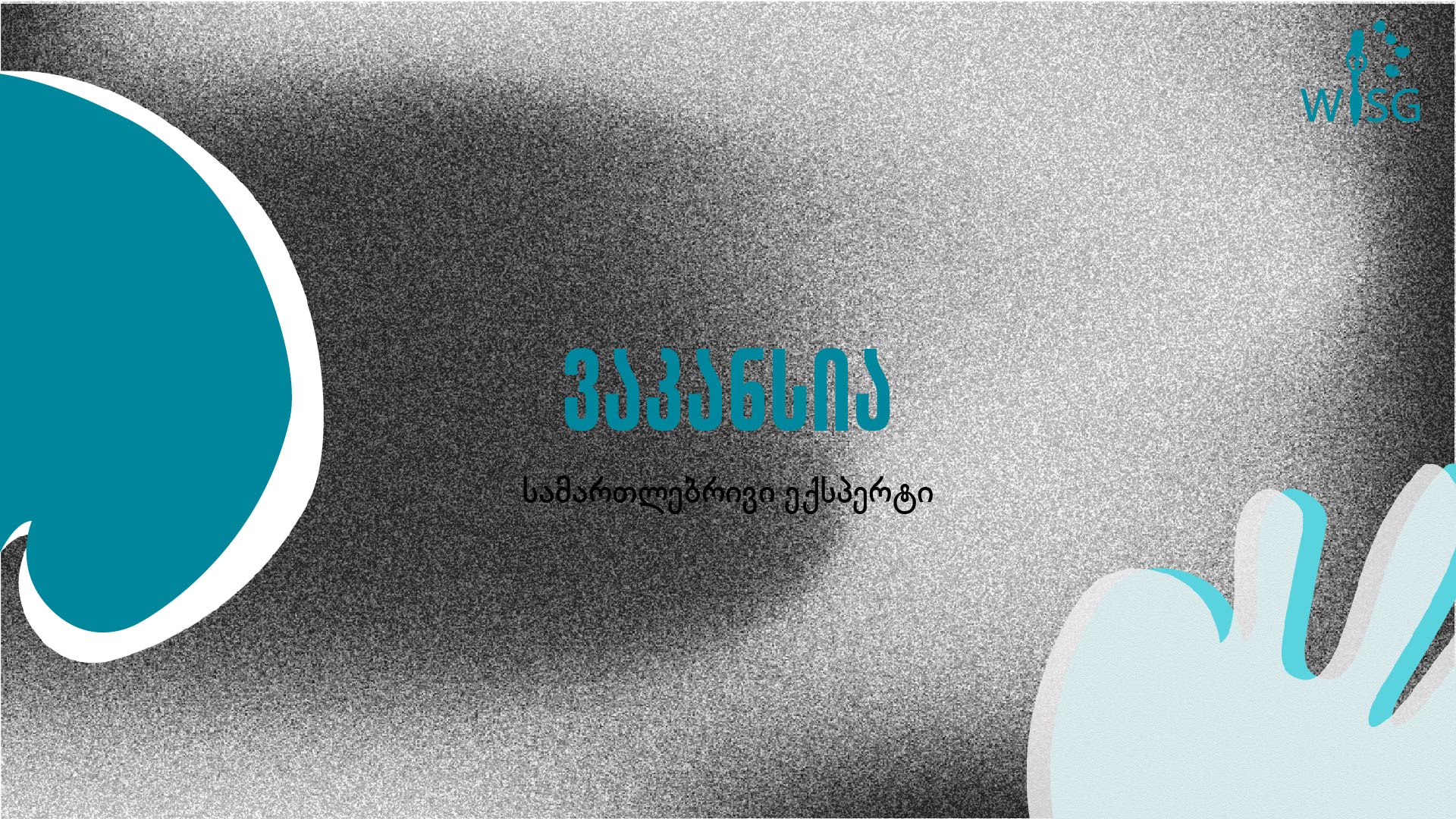Women’s Initiatives Supporting Group (WISG) joins the joint statement of non-governmental organizations around the world working on LGBTI issues to the United Nations Human Rights Council.
In June, 2011 UN human rights council adopted the resolution (A/HRC/RES/17/19) on discrimination based on sexual orientation and gender identity. In November of the same year, the human rights high commissioner prepared a special report on the worldwide situation in terms of the discriminatory legislations and practices of violence (A/HRC/19/41). Even though the UN’s attention towards these issues is increasing, in many countries around the world, human rights are still violated on the basis of individuals’ sexual orientation or gender identity. Signatories of the statement call on the Human Rights Council to take further steps to eradicate discrimination based on sexual orientation and gender identity.
If your organization wishes to join the statement, follow the link: http://arc-international.net/hrc26-joint-statement
you can also promote the statement through social media using the hashtag: #ItsTimeHRC
Below is the original English version of the Statement and the Georgian translation.
Joint NGO statement
26th session of the Human Rights Council, June 2014
Thank you Mr. President,
I make this statement on behalf of [insert number and general description of signatories].
Three years ago, this Council adopted its first resolution on sexual orientation, gender identity and human rights. Around the world however, members of our communities still face violence and discrimination because of our sexual orientation, gender identity and expression, or intersex status.
For many, these issues are inextricably linked to broader issues of gender equality, autonomy over our bodies and lives, sexual and reproductive health and rights, as well as multiple and intersecting forms of discrimination on the basis of factors such as class, poverty, occupation as sex workers, religion, race, HIV status and disability.
In too many countries, we face severe human right violations – we are criminalized including under colonial-era laws, we face the death penalty, we are murdered, lesbians are subject to rape and forced marriage; intersex people face genetic de-selection, infanticide, coerced sterilization and genital mutilation; transgender persons are demeaned and beaten, subjected to pathologisation and sterilization, their identities often unrecognized by States.
We are denied health care or needed treatment; we routinely face discrimination in work, housing and education. In many countries, our work as human rights defenders is opposed, obstructed or banned. Our rights to peacefully gather are often denied, while attempts are made to silence our voices.
There are also positive developments in all regions of the world. We welcome, for example, the recent adoption by the African Commission on Human and Peoples’ Rights of a historic resolution on the “Protection Against Violence and other Human Rights Violations Against Persons on the Basis of their Real or Imputed Sexual Orientation or Gender Identity” and the adoption by the Organization of American States just this month of its resolution on “Human Rights, Sexual Orientation, and Gender Identity and Expression”.
The Human Rights Council must also play its part. These violations are systemic, and require systemic responses. The Council must adopt a resolution to ensure regular reporting, constructive dialogue and sustained, systematic attention to the breadth of human rights violations on these grounds.
As UN Secretary-General Ban Ki-moon stated to the Council at its March 2012 panel: “The Time has Come”.







